A night of heavy darkness and a fast car. Is this the turnoff? Is the shortcut this way? Better take a look at the map.
The interior light was no help, it only made driving more difficult. Erich cursed and drove faster, in annoyance. No point in keeping the light on. It no longer mattered whether it was the right turnoff or not. It was long gone. So: turn into the next dark hole, which opened on the right. Too fast, the wheels screeched. It doesn’t matter, Erich muttered. He was the captain, nobody could contradict him. It was just too bad that the car lights lit up only what was directly in front. What seemed like an endless turn, with the walls of houses briefly illuminated on the left side and a dangerous thick blackness on the right. Erich drove as close as possible to the walls, let the lights lick over windows with their wood shattered and doors in the same condition. No one lives here, he grumbled. A crash and a loud scratching noise answered him. – What’s that?
It took a moment before we understood what had happened. The scrunch in front, the scrape along the brightly lit wall to the left, the sound of shattering glass, then only the wheels turning helplessly behind us. We are stuck. Erich announced it calmly, as though he feared to discourage the reverse gear into which he put the car now. Very smoothly he let up on the clutch, which gave a jolted, but did not move the car forward. Damn, we are stuck, Erich cried. Get out!
In the glare of the headlights we could see that the street was two hands’ breadth narrower than our car had been. In front, the car had obediently compressed itself to the width of the street. But on the right and left sides, where there was still room, nobody opened a window or came with a lamp to ask what had happened. There was silence all around, a silence that held us there. The car could go no further on this street, but its two now glassless lamps showed us that we had not arrived at its end. At its very end stood a large house, its facade showing the only lighted window in the vicinity. So we climbed over the damaged wings of the car and went to the mansion. Perhaps there was someone who could help us. One is always ready to hope, and surely anyone who lived at the end of such a narrow street would understand the problems it gives rise to.
In the house with the only lighted window we were greeted by three women. It’s outrageous, grumbled Erich, his mood gone sour. Crazy to make the street so narrow, he told the women, who welcomed us warmly, inviting us inside and vacating the sofa in the vast drawing room for us. Now the three of them were sitting opposite us on chairs, higher than we were, so that we had to look up at them. And they listened to our lament so patiently that they seemed like something from another planet. But they were undoubtedly from this country. Three Greek women, the eldest completely in black, the youngest in a crazy coloured, too-tight top and the kind of trousers worn by cyclists. The last of the three wore a white apron.
And this one informed us that she was the housekeeper of the mansion. Once a palace, seldom used, now almost always empty. Or so we understood her to say. We heard something about international symposia taking place there sometimes. We identified as the gods of the house a president and a vice president and a curator. Never seen, the temple empty. But clean, the woman in white insisted. Always clean. That’s my job. Even if nobody ever comes down this street. They all remain on the big road outside it. A good road. Nobody fastens his seat belt or wears a helmet. Our men know the road. Our men know how to take the curves. And as she fired off her rapid Greek, mixed with many nuggets of English, the other women nodded, punctuating what she was saying with their Ne-Ne-Ne.
You may stay here overnight, the housekeeper told us graciously. I will make you something to eat. And with perfect correctness she introduced the other two women: My neighbours from the house to the right of the palazzo, and the one to the left of it. We are the sole inhabitants of this street. The last true ones. A dead end street, she said, shrugging her shoulders. Then the woman in black started speaking, excitedly, as though she expected to be interrupted at any moment. Soon all three women were talking at the same time. Talking about God knows what.
The next day we found a repair shop nearby, where an oil-smeared man agreed to fix the car. Very good. But seeing him drive our expensive vehicle out of that narrow street with reckless speed, we grew distraught. And hearing that it would take three days to repair and repaint it was depressing. But the housekeeper offered to let us stay in the mansion until the car was ready. Without cost. It is empty. So we remained in the dead end street, three men itching to leave and angry about the oil-smeared man, who was going to take such a long time to finish the repairs. When we could think about the situation calmly, we were grateful – grateful for the Greek hospitality of this kind woman in the white apron. But there was hardly a moment in which to think such peaceful thoughts. Because the three women were with us all the time. And they did not want to listen to us. No, they wanted to speak, without cease, usually all three of them at once. Six ears full of their tales, six ears fed by three mouths: they must have thought that was a good ratio. But we had enormous trouble separating their stories. We had to keep trying to sort out among ourselves what we had heard and which story belonged to which woman.
The woman in white jabbered about a man who was an alcoholic. As though it wasn’t enough that he wasted the family’s income on drink and was seldom out of debt, he was violent. He had a job as a rubbish collector and felt ashamed of doing such work – what sort of man was he? – and so he had to prove to his wife that he was a real man. The housekeeper opened her apron at more or less modest spots and showed us the wounds where her husband had demonstrated his power on her body. A white marble statue with some dark blemishes, natural and less natural. Made with a poker, with burning cigarettes, with a hot pan. We did not want to know the intimate details, but we were forced to listen and to see. But at least, we were relieved to hear, the woman had left home in the end. To live without a man is a hundred percent better than living with such a man, that was how she summed it up. Having said that, she closed her apron, but only halfway, and turned from side to side, preening herself before us. Her breasts were the size of a labourer’s fists. And we were taken aback. Because labourers’ fists are more embarrassing than a girl’s fists.
The woman in the fluttering black dress, hair of the same colour straggling wildly around her head, was talking about a man who had never beaten her. No, he was more interested in fish. Every day he went out on the open sea, whose everlasting breathing could be heard even now just behind the mansion. A successful fisherman, he sold his fish and proudly brought home handfuls of money evening after evening. The secret of his success was that he used dynamite. Far away from shore, where nobody could hear or see the illegal explosions underwater, he could fill his nets without much trouble. But then came the day he must have done something wrong. The dynamite exploded too soon and blew off his hand. With the other hand, he turned the boat around in a panic. He revved the engine. And his boat raced in the direction of home. But it was not as fast as his rapidly spurting blood. When the boat crashed on the beach behind the house, the fisherman lay dead on the seat. What are those seven liters of blood to the ocean? the black widow cried to us. And she swore bloody revenge on Poseidon, because he had drunk her husband’s blood. She fluttered with her eyes as madly as with her hands, while her black hair swirled around her head, forming tongues like hungry snakes.
The youngest one, a little too gaudily and too tightly dressed, irritated us with her sorrowful attentions to her children, who sometimes ran in and asked for this or that. This girl is from my second lover, this boy from the third, the biggest is from my first. The first was so gentle, she said happily. About the second she said, he was so generous. And the third had a good position in the government. Wonderful men, all three. Where he lives now, this third one, I don’t know. The second, too, was off somewhere, and made no contact with her. And the first? No, I don’t know. No, no, I was never married, she had to admit. But in spite of that, I was very happy, each time, for a while. Very very happy. Until I got a big belly and could not move in the right way. Emphasizing that, she jumped up and down so much in her seat that her full breasts jiggled. And she inspected us, one after the other, like a goddess about to deliver the judgment of Paris upon us.
By the time we were ready to put all the strange things we had heard in such a jumble into three separate mosaics, we knew we had been confronted with alien modes of being. Not president and vice president and curator, no, but gods, devils and daemons. And then, the next moment, we were out the door. That was after three days in the mansion at the end of the dead end street. We ran in a panic to the repair shop. The oil-smeared man looked the same as before. But our car was waiting for us, so shiny, so alluring, that we lacked the patience to listen to what the man had to say. We only gave him the money and jumped in, feeling reborn as we started the engine. A bright morning on the main road, the map open, all of us eager to get to Athens – to have some adventures at last.
(Translated by the author and Evelyn Toynton)

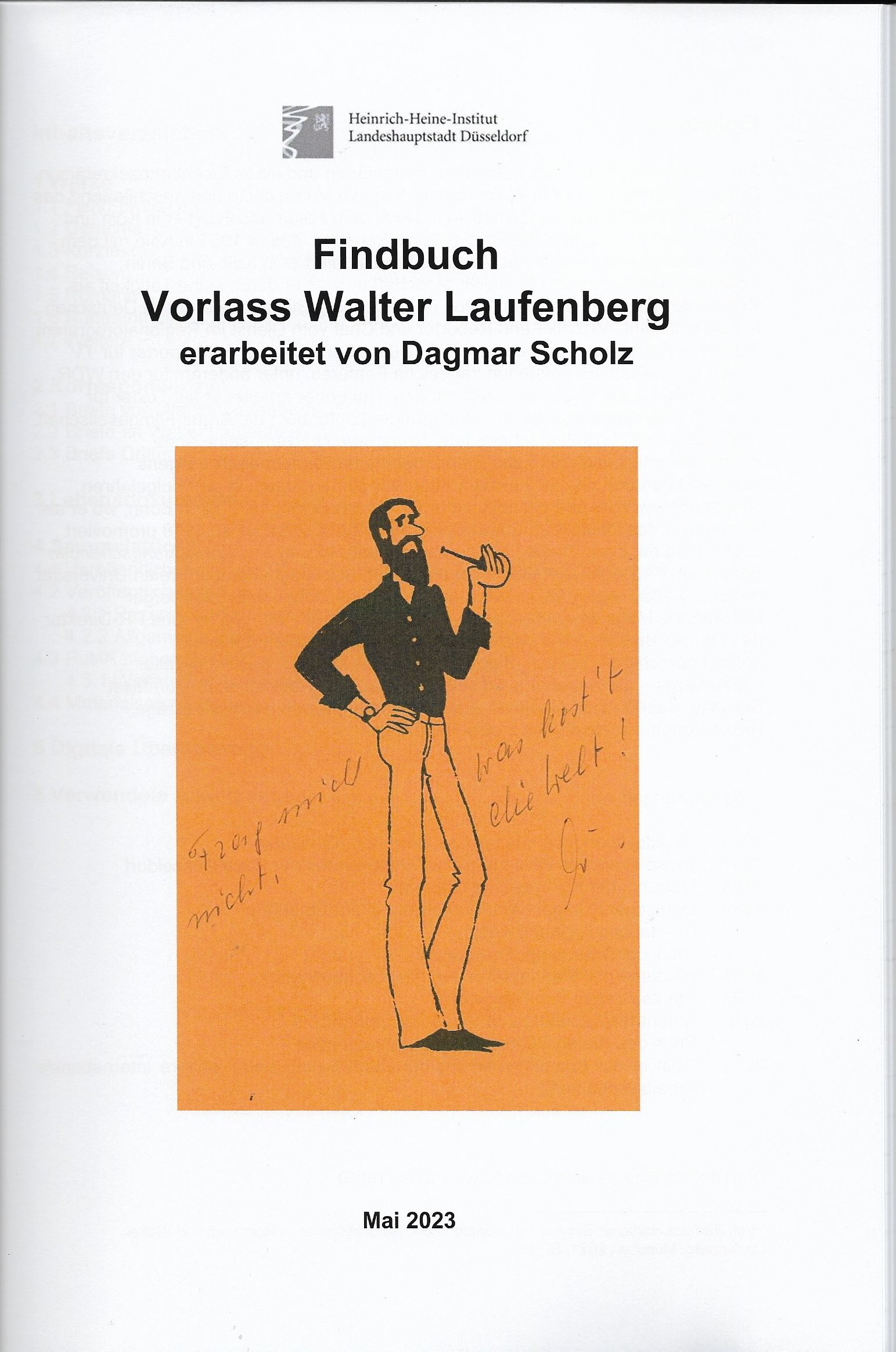
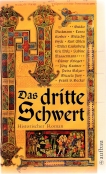


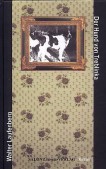
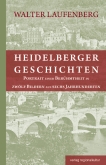
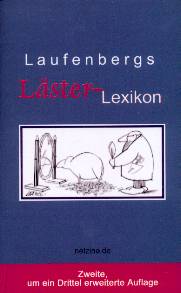
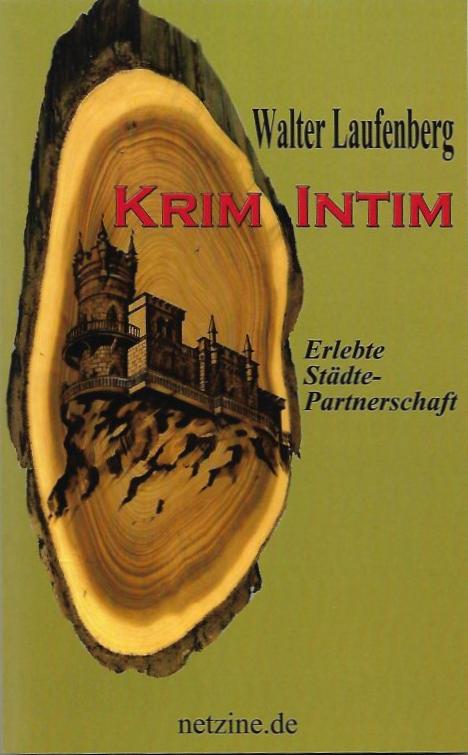
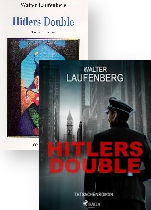
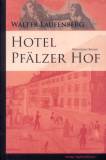
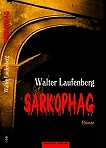
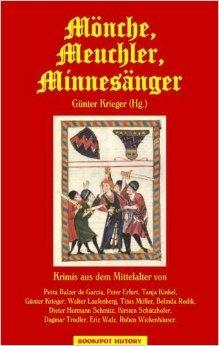
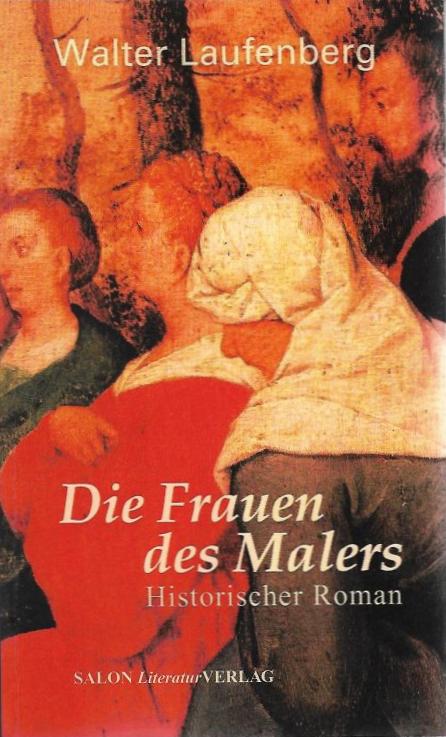

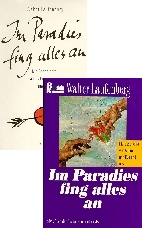
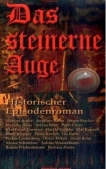
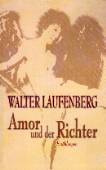

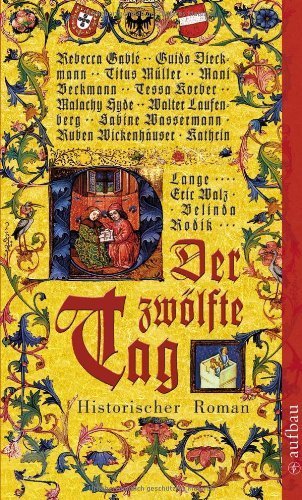
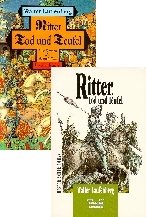

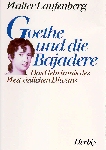


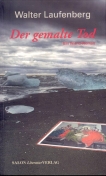
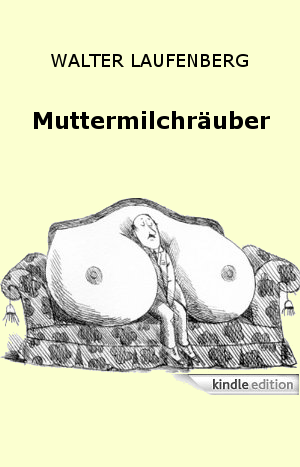
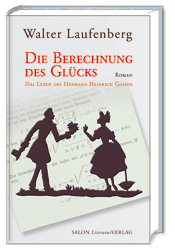
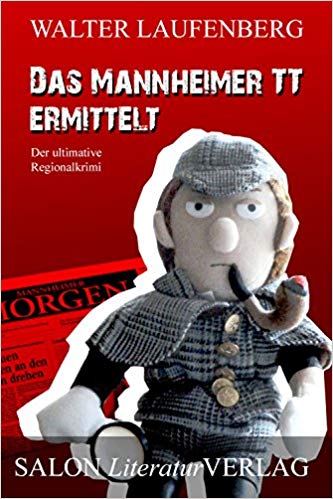
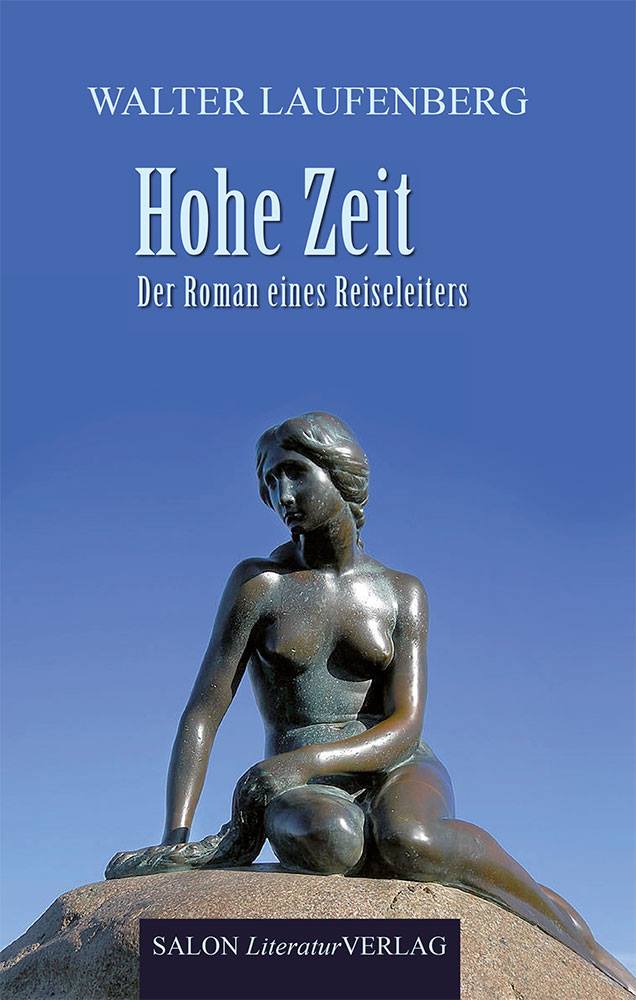


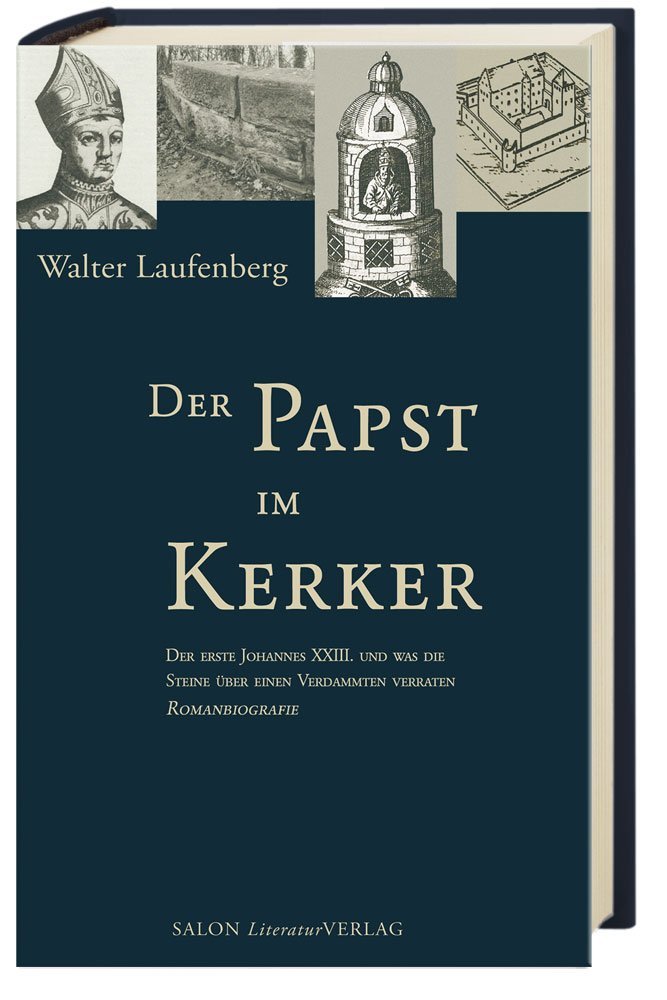
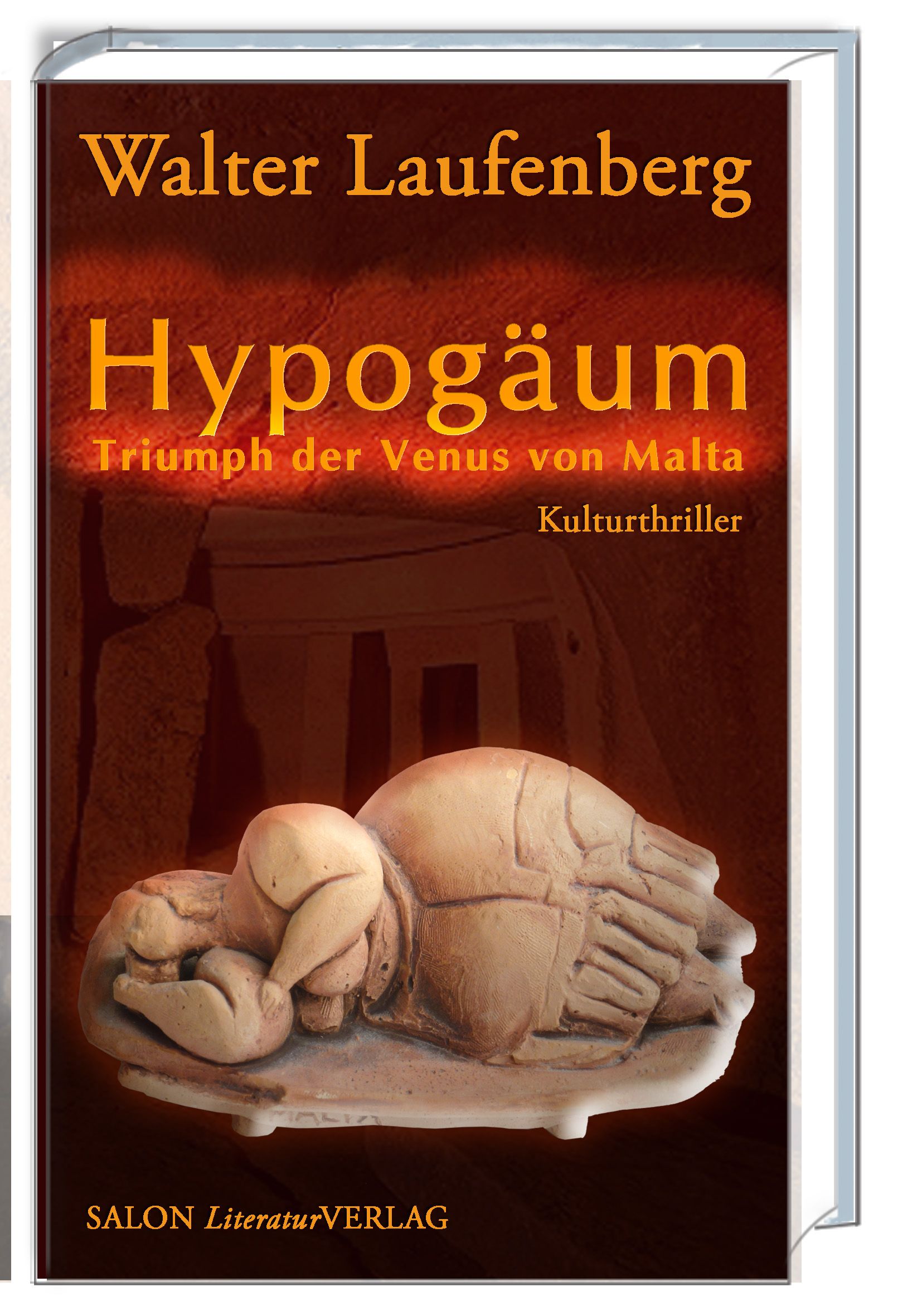
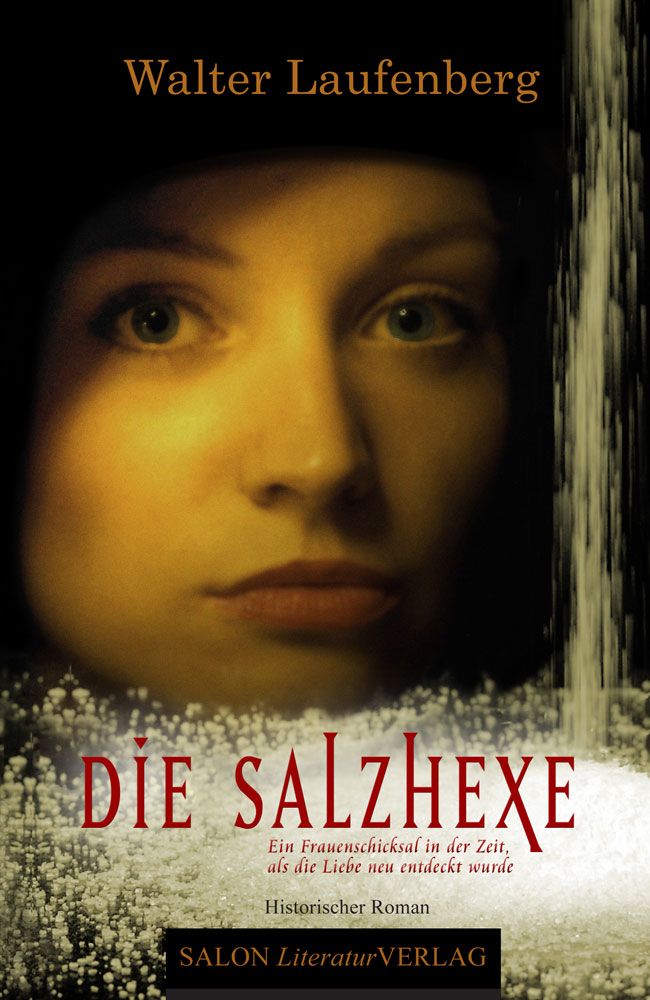
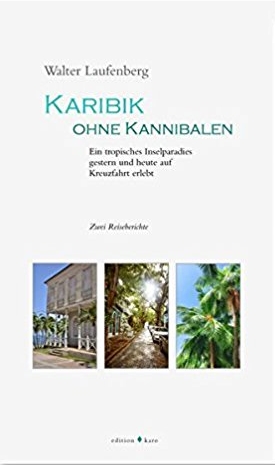
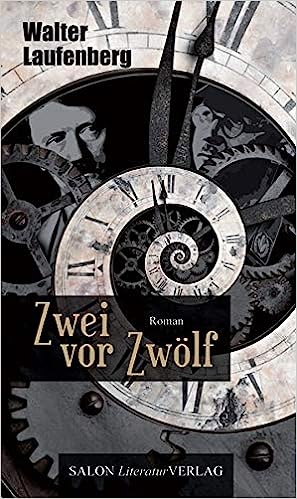
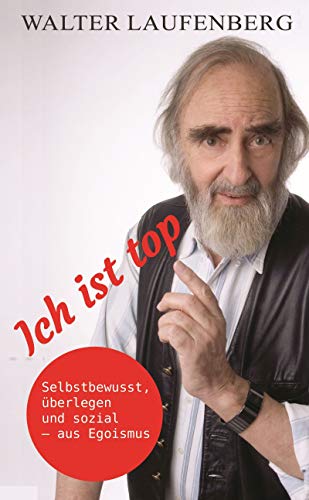
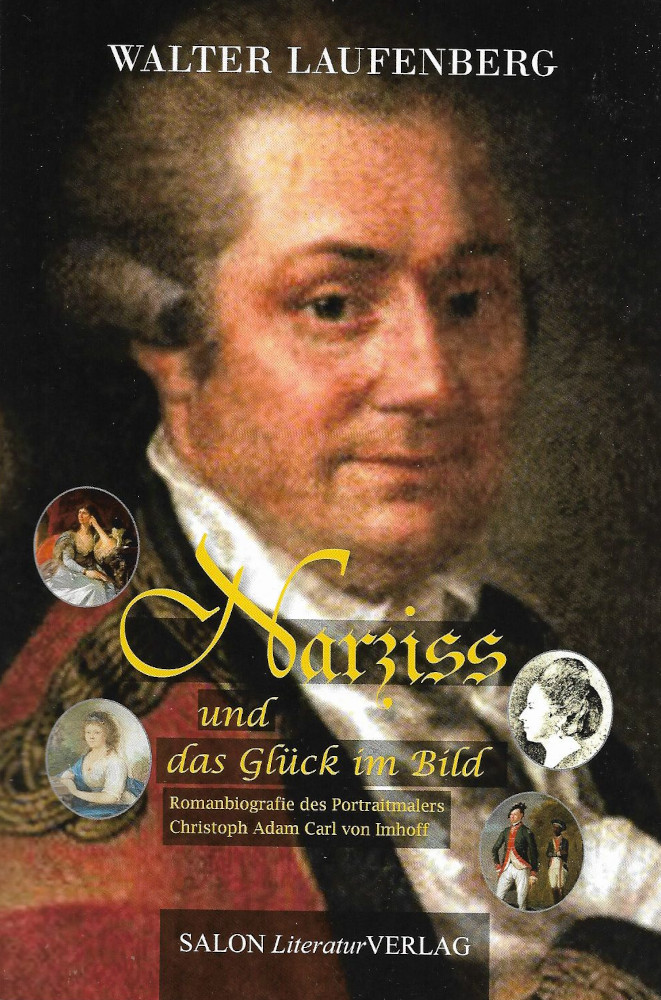
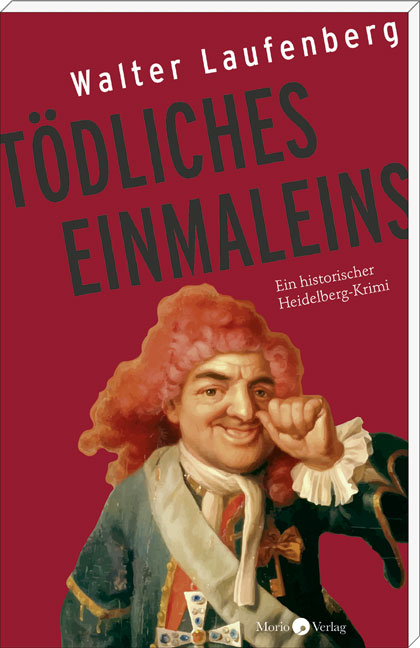
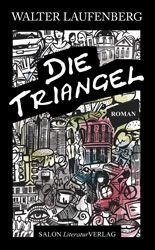

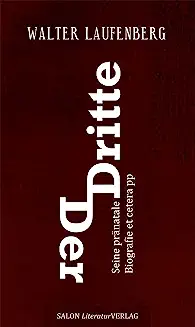
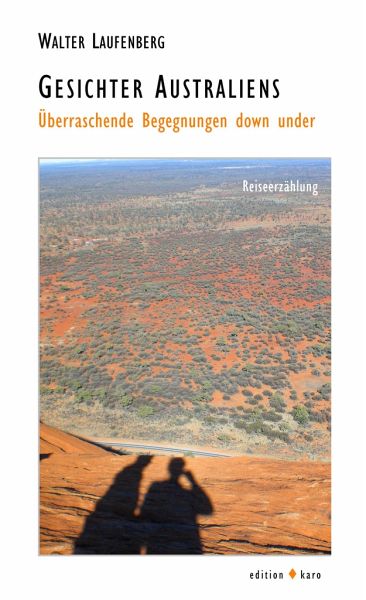
 Der Computer Doktor in Mannheim
Der Computer Doktor in Mannheim